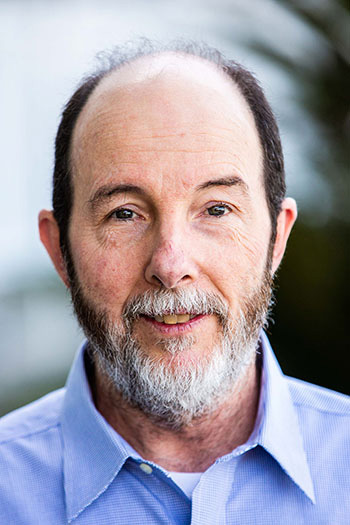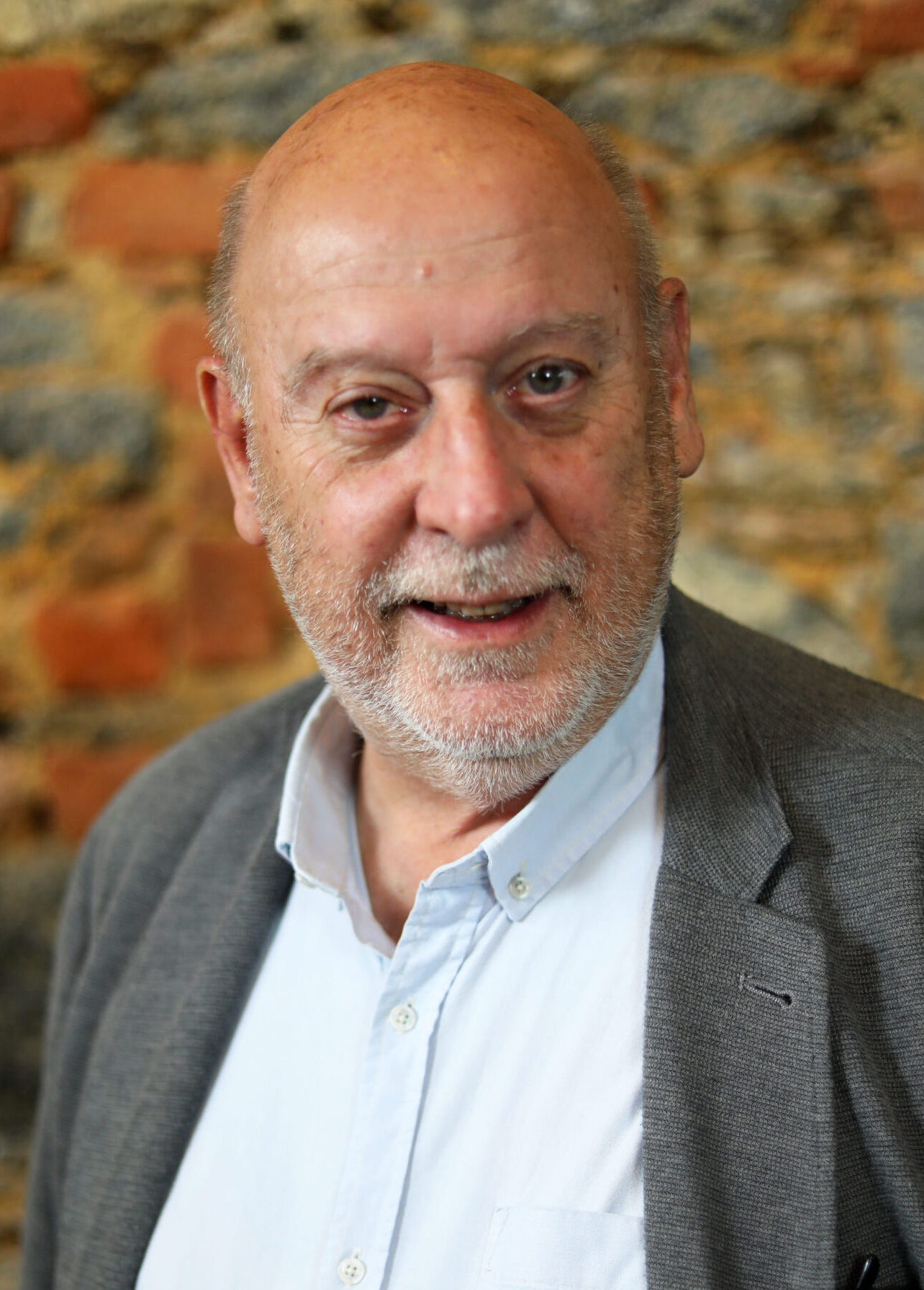The challenge of pointing out paths for social mobility
How can we provide greater equality of opportunities so that more children and young people can achieve a better life? The Mobility and Social Development Institute (Imds) exists to help answer this question.
We are a platform created to design, test, propose, publicize and monitor the execution of public policies with a focus on social mobility. And we do this through partnerships with public managers and third sector actors who, like us, are looking for effective solutions to social problems in their communities.
Our task is to support and encourage managers around high-impact projects…
As a non-profit association without political party affiliation, maintained by private sponsors and with a board of directors made up of names of excellence, we wish to contribute significantly to a society with fewer injustices and inequalities.
Through proposals based on the scientific method and evaluated by a technical committee, we work from the identification of relevant topics to the management of the obtained knowledge.
…to untie the bonds that keep generations in poverty.
The possibilities are many, but the objective is one: through the correct incentives, we seek to identify the obstacles that prevent intergenerational mobility in the lower strata of society. Whether through social programs or the improvement of planning processes and routines within the public sector.
What we Want
Our mission
To design, test, propose and disseminate public policies that impact on social mobility.
Our vision
To be the main platform for studies on social mobility in Brazil and a relevant and reliable source of knowledge for public managers in mobility and social development.
Our values
Encouragement of innovation and creativity;
Engagement and collaboration;
Commitment to results;
Valuig of scientific rigor;
Ethics and transparency;
Independence;
Responsibility.
Individuals who firmly believe that full achievement in life cannot depend
on the zip code where one was born in
Our Founders

Arminio Fraga
Founder of Gávea Investimentos, Institute for Health Policy Studies and the Institute for Mobility and Social Development. Member of the Group of Thirty and the Council on Foreign Relations. He was president of the Brazil’s Central Bank (1999-2002), chairman of the board of B3, director of Soros Fund Management and trustee of Princeton University (USA), where he obtained his Ph.D. He taught at PUC-Rio, at EPGE-FGV, at SIPA-Columbia (New York) and at Wharton School (Pennsylvania).

Paulo Tafner
Founder of the Institute for Development and Social Mobility (Imds). Economist with a doctorate in Political Science (Iuperj / University of California San Diego, UCSD). Mr. Tafner is an associate researcher at FIPE/USP. Was coordinator of the Social Security Studies Group of IPEA, held the positions of undersecretary general of Finance of the State of Rio de Janeiro, director of IBGE and superintendent of ANAC. He taught at Candido Mendes and PUC-SP universities.

Research Fellows
Imds, in the constant practice of its values – especially the encouragement of innovation, creativity, engagement and the spirit of collaboration, with ethics, responsibility, transparency and scientific rigor – mobilizes a broad and diverse network of collaborators.
In addition to the organizations and institutions, agencies and legal entities that make up our network of partners, the joint work with individual researchers has also been invaluable for the convergence in the search for the results we have obtained in these first — almost four — years of existence of the institute. To these professionals, named below, we express our gratitute.
Alexandre de Andrade Fonseca
Subject: Studies on social mobility based on administrative records databasesBreno Ramos Sampaio
Subject: Studies on social mobility based on administrative records databasesBruna Dominici Cricci
Subject: Some public policy tools focusing on social mobility: a handbook; and, Cataloguing worldwide policies and programs with proven positive impact in social mobility and developmentCláudio de Moura Castro
Subject: Quota Law - legal framework review and contribution to the publication "Education and Productivity"Cláudio André Gondim Nogueira
Subject: Early Childhood (0-3): ideation of a tax distribution mechanism to induce the supply of places in child development spaces for municipalitiesDiogo Gerhard Castro de Britto
Subject: Studies on social mobility based on administrative records databasesDiogo Wolff Surdi
Subject: Educational Policies, Computational Economic Models and Brazilian MicrodataFlavio Luiz Russo Riva
Subject: Projects to evaluate the impact of technologies for the formation of human capital in childrenJosiane Toledo Ferreira Silva
Subject: Strategic partnership for evidence-based promotion of literacy (in partnership with Edube)Júlia Queiroz Maranhão de Oliveira
Subject: The impact of parental shocks in the youth’s participation in labor marketLuana dos Santos Fraga
Subject: Support for the research "Relationship between the education of parents and children: intergenerational mobility of education in Brazil and the world" and "Child poverty"; ACT Rio Grande do Sul data organizationLucas Warwar Pereira
Subject: Studies on social mobility based on administrative records databasesMichel Szklo
Subject: Distance learning and face-to-face teaching: what does the academic impact evaluation literature conclude about the differences in results?Paulo Cesar de Souza
Subject: Support for projects to evaluate the impact of technologies for the formation of human capital in childrenRaphael Bottura Corbi
Subject: Long-term Effects of Youth-targeted Labor Market Programs: Evidence from the Brazilian Apprentice Act)Valdemar Rodrigues de Pinho Neto
Subject: Social and intergenerational mobility in Brazil: an analysis of Programa Bolsa Família (PBF) beneficiaries and research on social mobility in BrazilVanderson Berbat
Subject: Understanding the social impact of abrupt immigration processes: diagnostic assessment of Ribas do Rio Pardo, Mato Grosso do SulVinícius Diniz Schuabb
Subject: Social Mobility in Brazil: Analysis of the Bolsa Família Program beneficiaries; and Research on the Bolsa Família Program: Socioeconomic impacts of climate change and natural disastersVitor Azevedo Pereira
Subject: Studies on school abandonment and dropout: Diagnosis of school abandonment and dropout in Brazil; Causes and consequences of school abandonment and dropout; Policies to combat school abandonment and dropoutThank You
To those who participated in this journey; Your valuable contributions were fundamental in getting us this far and in helping us set the course for the path still ahead .
Andre Portela
Eugênio Machado
Guilherme Di Donato
Gustavo Gonzaga
Jessica Gagete-Miranda
Joana Naritomi
Manuel Thedim
Mauro Lopes
Miguel Foguel
Ricardo Paes de Barros
Rodrigo Fiães
Ronaldo França

